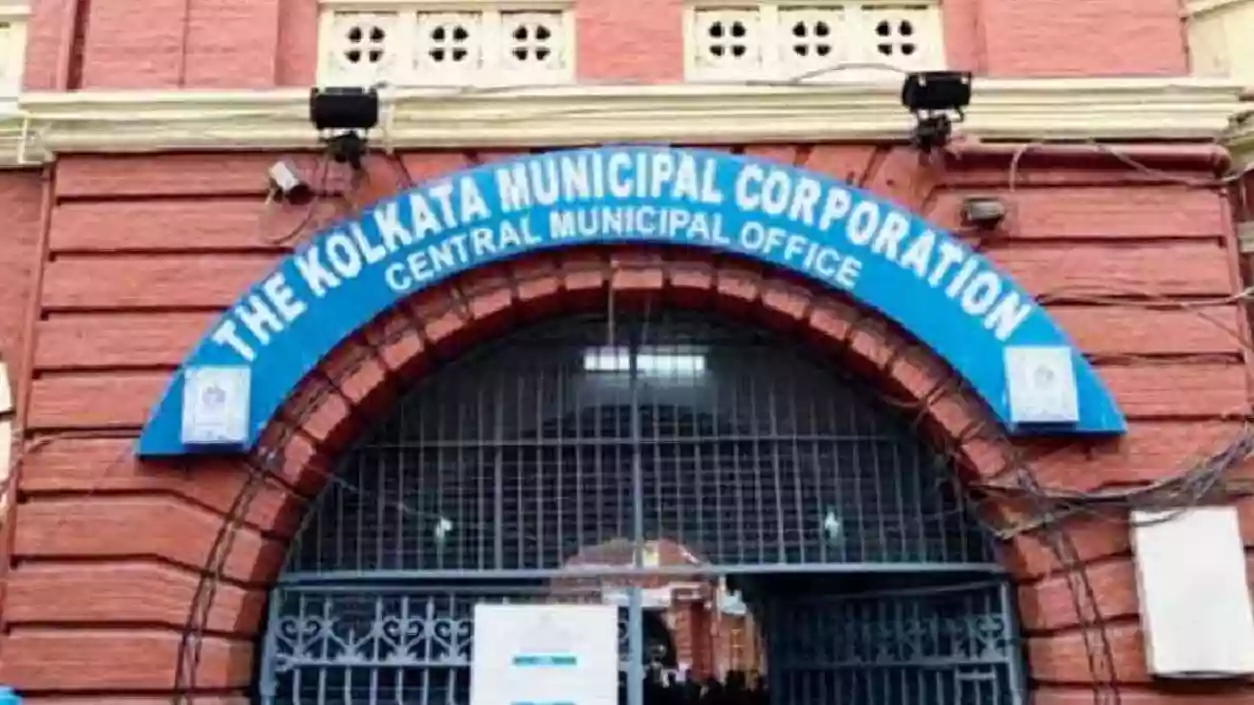.gif)
.gif)

The Kolkata Municipal Corporation (KMC) has locked the mutations of over 30 old buildings in various parts of the city, including North Kolkata and areas like Metiabruz. This measure follows issues with unresolved ownership, absentee landlords, and long-standing unpaid property taxes. These properties have been flagged due to the absence of valid heirs or because of prolonged periods of non-payment of property taxes, which have contributed to the complications surrounding their legal status.
Many of these properties are in poor condition, with owners likely residing out of state or abroad, leaving caretakers responsible for their upkeep. Several of the buildings are classified as 'dangerous buildings' due to structural damage and lack of necessary repairs. The municipal authorities have raised concerns that the deteriorating conditions of these buildings could result in safety hazards, as some structures are at risk of collapsing, potentially affecting neighboring areas.
The municipal assessment department’s decision to lock the mutations is aimed at preventing these properties from being transferred or sold without proper legal procedures and documentation. This measure also aims to curb the growing threat from property developers and promoters who may seek to demolish the old buildings and construct new high-rise buildings. The locked mutations restrict any illegal construction or unauthorized sales, ensuring that the properties can only be dealt with through legal channels under municipal oversight.
Additionally, KMC's assessment department launched a waiver scheme to recover overdue property taxes, which has seen nearly 90% of the pending dues paid. Despite this, several properties still have unpaid taxes, leaving them in a precarious legal situation. In response, the building and assessment departments are working together to address these properties' legal and safety concerns, ensuring that no further unauthorized construction can take place without municipal clearance and approval. The focus remains on securing the properties’ legal status and enforcing necessary repairs and compliance with building regulations.